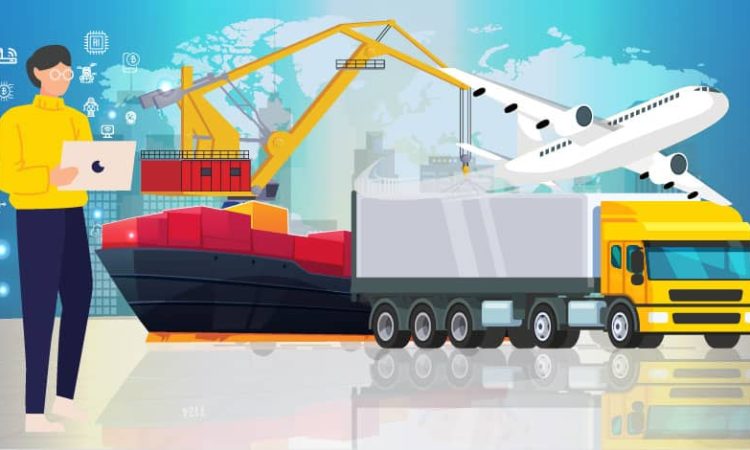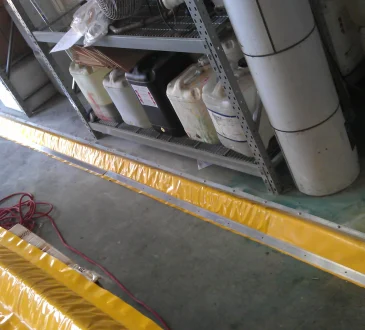
With the rise of e-commerce, customer expectations have changed there is greater demand for faster delivery and real-time tracking. Logistics companies that do not adapt by integrating new tech will likely fall behind those embracing innovation. Technology allows logistics companies to automate many processes that were previously done.
It includes route optimization, inventory management, paperwork, booking shipments, and tracking items. Automation ensures fewer errors and allows employees to focus on more critical tasks. Tech such as Artificial Intelligence analyzes data, identifies patterns, and makes predictions to improve decision-making. All this leads to increased efficiency, productivity, and competitiveness. Logisticsbid companies utilizing the latest tech have an advantage over those still relying on legacy systems.
Better supply chain visibility and control
Modern supply chains are complex with many vendors, suppliers, and moving parts. Technology gives logistics companies better visibility and control across the entire supply chain. Advanced TMS (Transportation Management Systems) provide end-to-end supply chain analysis enabling companies to identify issues and bottlenecks. GPS tracking allows real-time monitoring of vehicle fleets and inventory. Predictive analytical tools help forecast demands and mitigate risks. Technology grants greater transparency so logistics companies swiftly adapt to changes. It directly affects customer satisfaction.
Better warehouse management
Warehouses are an intersection of the supply chain. Technology is revolutionizing warehouse management through automation such as AGVs (automated guided vehicles) and inventory robots. It boosts accuracy while reducing human errors. Other warehouse techs like RFID and barcode scanners speed up inventory counting processes. Logistics companies are increasingly adopting warehouse automation systems to keep pace with rising demands. It directly results in higher warehouse productivity and process optimization.
Stronger cybersecurity
Logistics heavily relies on IT systems making cybersecurity an absolute necessity. Hacking could cripple transport operations or lead to data leaks of customer information. These corporations need to allocate resources for contemporary cybersecurity protocols such as threat intelligence, blockchain-driven systems, data encryption, and anti-virus software in order to safeguard their vital systems and data. Regular cybersecurity training for employees is also imperative. Using the latest technology to boost security is vital for resilient supply chain operations.
Better scalability and agility
Demand fluctuations are the norm in logistics. Technology aids scalability to handle supply chain disruptions and seasonal peaks. Cloud-based logistics systems offer quick scalability to adjust capacity, storage, and transport assets. Tech also enables operational agility to swiftly respond to new customer requirements or market changes. Technology provides the flexibility for logistics companies to scale and pivot operations based on real-time market conditions.
While technological systems require upfront investment, they deliver major cost savings in the long run through process enhancements. Studies show logistics technology reduces operational costs by 3-12% across transportation, warehousing, and inventory management. Tech also reduces overhead like labor costs. Higher efficiency, fewer errors, and optimized assets all boost profitability. Logistics companies leveraging technology have better operating margins and returns on investment. Logistics leaders must make technology investment a priority to drive progress. The time is now for modern logistics businesses to integrate innovative systems if they aim to gain a sustainable competitive advantage.




